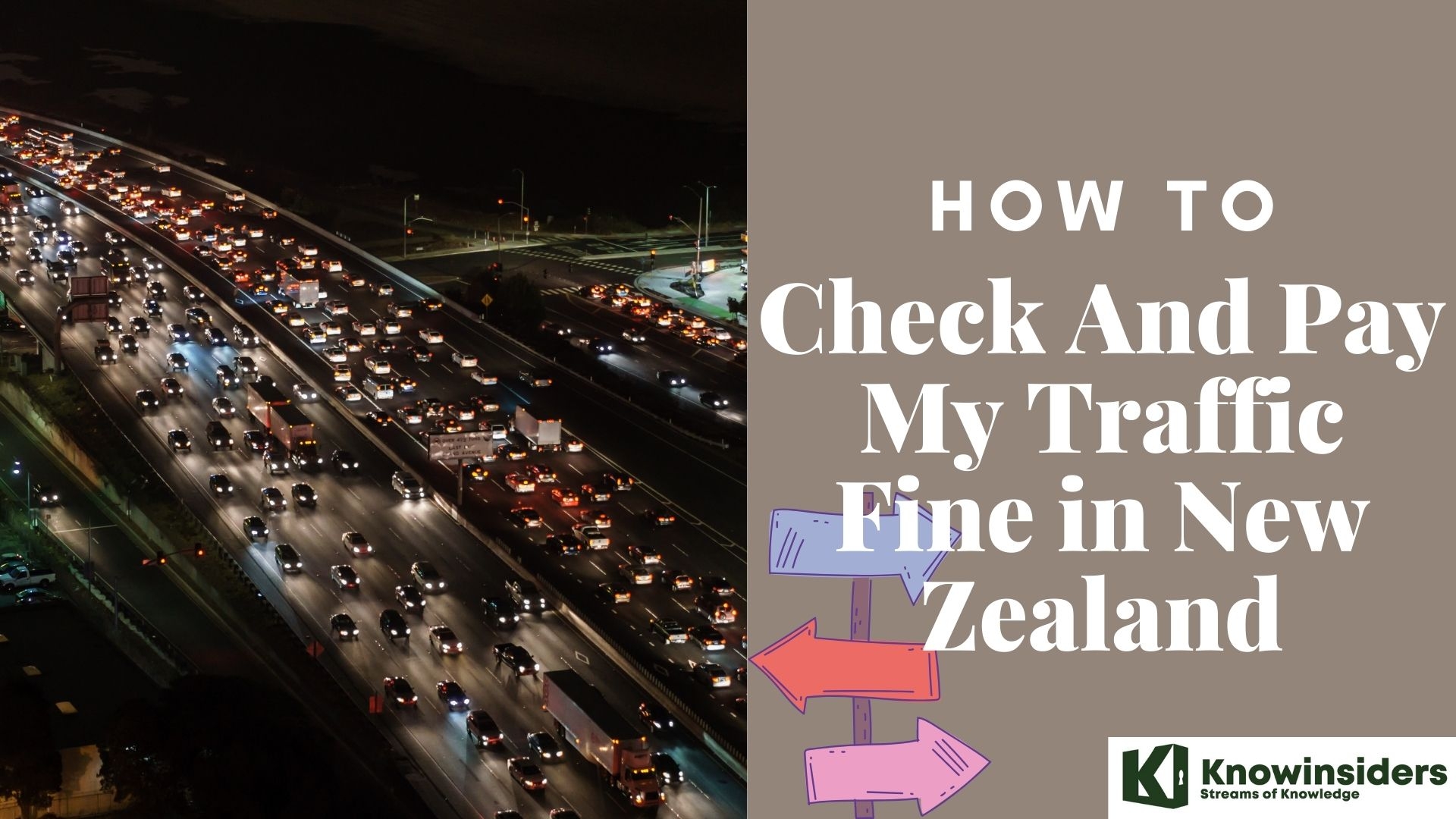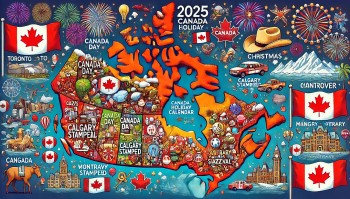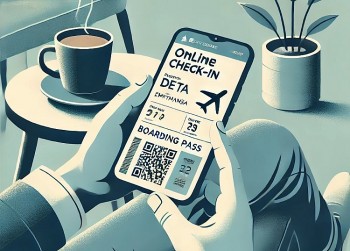Easy Ways to Pay Traffic Tickets And Fines in the U.S for 2025
| Table of Contents |
Traffic tickets are an inevitable part of driving in the United States. Whether for speeding, running a red light, or parking violations, these tickets serve as reminders of traffic laws and are intended to promote safety on the roads.
However, understanding how to pay a traffic ticket in the U.S. can be confusing, especially as payment methods and requirements vary by state. Failing to pay promptly can lead to additional fines, license suspension, or other serious consequences.
This guide provides a comprehensive overview of the options available for paying traffic tickets across the U.S. It includes various payment methods, state-specific portals, and step-by-step instructions for completing payment.
Learn more: 7Methods for Checking Auto Tickets and Fines in the U.S. 2024/2025
 |
| How to Pay Traffic Ticket in the US. Image: AI and KnowInsiders |
Understanding Traffic Tickets/Traffic Fines in the U.S.
Traffic tickets are issued for a variety of violations, each with specific fines and penalties that vary based on state regulations and the severity of the offense. Common violations include:
• Speeding: Exceeding the posted speed limit is one of the most common reasons for receiving a ticket, with fines increasing based on the extent to which the limit was exceeded.
• Running Red Lights or Stop Signs: Failure to stop at a red light or stop sign is often captured by cameras in many areas, leading to an automatic ticket.
• Parking Violations: Parking in a restricted zone, expired meter violations, and illegal parking in handicap spaces can all result in fines.
• Distracted Driving: Using a handheld device while driving is prohibited in many states, and fines can be substantial, especially for repeat offenders.
• DUI (Driving Under the Influence): DUI violations carry some of the most severe penalties, including high fines, potential jail time, and license suspension.
 Driving in the U.S: Is It Illegal to Use Earphones? Driving in the U.S: Is It Illegal to Use Earphones? |
Primary Methods of Paying Traffic Tickets
In the U.S., drivers have several options for paying their traffic tickets, with specific methods varying by state and county. Here are the primary payment methods:
Online Payment
The most convenient method, online portals allow drivers to pay tickets via credit card or debit card. Most states and many local governments provide secure online portals for traffic ticket payments. These systems offer a simple way to view details about the ticket, including the due date and fine amount, and complete the payment without visiting a courthouse.
Mail Payment
For those who prefer traditional payment methods, paying by mail is also an option. This method generally requires sending a check or money order to the address provided on the ticket. To ensure that the payment is processed correctly, include all necessary details, such as the ticket number and driver’s information. Keeping a copy of the payment receipt or proof of mailing is advisable.
Phone Payment
Some jurisdictions offer phone payment services where drivers can call a designated number to pay fines via credit card. The phone number is typically listed on the ticket itself, along with any relevant instructions. This option is useful for quick payments but may include a processing fee.
In-person Payment
In-person payments are available at local courthouses, DMV offices, and other designated centers. This method allows drivers to ask questions about the ticket and ensure payment is processed immediately. Some offices may accept cash, credit cards, or money orders, so it’s best to verify accepted payment methods in advance.
Each payment method has its own advantages, and drivers can choose the one that best suits their needs based on availability and convenience.
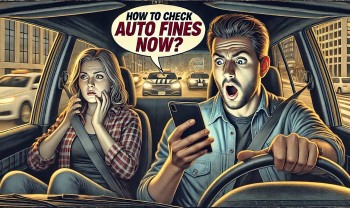 7 Methods for Checking Auto Tickets and Fines in the U.S. 2024/2025 7 Methods for Checking Auto Tickets and Fines in the U.S. 2024/2025 |
State-Specific Portals and Requirements
Each state has its own portal and specific requirements for paying traffic tickets. Here are a few of the major state portals:
California: California drivers can use the California Courts’ online system to search for and pay traffic tickets. This system allows you to pay fines, request traffic school, or schedule a court hearing if you wish to contest the ticket.
• Texas: The Texas Department of Public Safety’s online portal allows drivers to manage traffic fines and access information on specific county requirements. Texas also offers the ability to set up payment plans for larger fines.
• Florida: Florida residents can use the Florida Highway Safety and Motor Vehicles (FLHSMV) website to view and pay traffic tickets. Some counties may have separate portals, so be sure to check the issuing county’s specific guidelines.
• New York: In New York City and certain other areas, tickets can be managed through the Traffic Violations Bureau (TVB) on the New York DMV site. This portal provides options to pay, dispute, or plead to traffic infractions.
• Illinois: Drivers in Illinois can use the Illinois Tollway website and specific county websites to pay traffic fines. Some counties also offer traffic ticket management through their court systems.
State requirements can vary, including differences in acceptable payment methods and options for installment plans. Always refer to your specific state’s or county’s website for accurate information on payment instructions.
Learn more: How to Contest a Traffic Ticket in the U.S (Legally and Effectively)?
Steps for Contesting or Appealing a Ticket
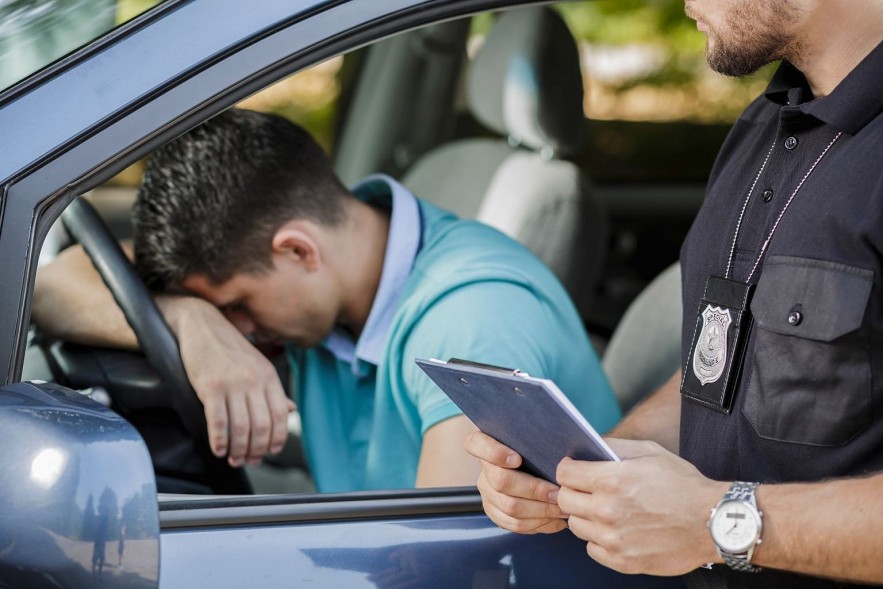 |
| Time and money are wasted on traffic tickets. You still have to be concerned about your license points and soaring auto insurance rates after you pay off the fines. |
Contesting a traffic ticket is a right that every driver holds, though the process and requirements differ by state. Here’s a general process to follow:
• Online Dispute Submission: In certain states, including California and Florida, drivers can dispute tickets online by submitting evidence or a statement. The online system will notify you if a hearing is necessary.
• In-Person Contesting: In many cases, drivers are required to appear in court to contest a ticket. You will need to bring documentation such as the original ticket, license, and any evidence, like dashcam footage or photos, that supports your case. Legal representation is recommended for more severe infractions.
• Deadlines and Documentation: It is important to adhere to deadlines for filing a dispute, as missing them can lead to automatic fines or conviction. Most states require disputes to be filed within 30 days of receiving the ticket. Prepare documentation carefully, as incomplete records could weaken your case.
Contesting a ticket provides an opportunity to have the ticket dismissed or the fine reduced, though outcomes depend on the specifics of each case.
Consequences of Unpaid Tickets
 |
| Consequences of Unpaid Tickets |
Ignoring or delaying ticket payments can lead to severe consequences, including:
• Late Fees and Penalties: Unpaid fines will accrue additional fees and late penalties, sometimes doubling or tripling the original amount.
• License Suspension: Many states suspend driver’s licenses if tickets remain unpaid. This can lead to further fines if you are found driving on a suspended license.
• Impact on Insurance and Credit Score: Unpaid tickets can affect car insurance rates, as insurance companies may view unpaid fines as a risk factor. In some cases, unpaid fines are sent to collections, potentially impacting credit scores.
• Arrest Warrants: In extreme cases, unpaid fines can lead to arrest warrants. Though rare, this consequence underscores the importance of addressing tickets promptly.
Options for Payment Plans: Certain states, including Texas and Illinois, offer payment plans for large fines, allowing drivers to manage payments in smaller installments.
Innovations and Future Trends in Traffic Ticket Payment
Technology continues to streamline traffic ticket payments across the U.S.:
• Mobile Payment Apps: Some states have introduced mobile payment apps, allowing users to pay fines quickly and securely from their phones. This includes features like QR code scanning for instant payments and integration with e-wallets.
• AI and Smart City Solutions: As cities adopt smart technology, AI-powered systems are becoming common in traffic enforcement. AI can monitor traffic violations, send automated ticket notifications, and even assist in managing ticket disputes.
• Toward a Nationwide Platform: Discussions are ongoing about a unified system for managing traffic fines. A nationwide platform could simplify payments and disputes, especially for drivers who travel frequently.
Frequently Asked Questions (FAQs)
-
Can I pay my traffic ticket after the due date?
- Yes, but late fees may apply. Check your specific state’s policies on late payments.
-
What should I do if I lose my ticket?
- You can retrieve ticket details by contacting the court or using your state’s online portal with your driver’s license number.
-
Can I get a discount or reduced fine?
- Some states offer reduced fines or allow traffic school to offset points. It’s best to inquire about specific options in your state.
-
Are payment plans available for large fines?
- Yes, payment plans are available in certain states. Check with your local DMV or court for eligibility.
-
How can non-residents or tourists pay U.S. traffic tickets?
- Most online portals allow international payments. Non-residents should pay promptly to avoid complications with future travel.
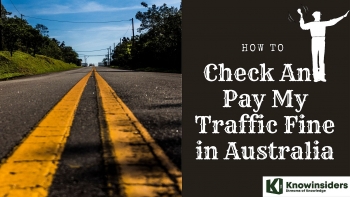 How To Check And Pay My Traffic Fine in Australia How To Check And Pay My Traffic Fine in Australia Australia's traffic fines are often higher than other places, and it is necessary to understand traffic rules and how to pay and check (look up) ... |
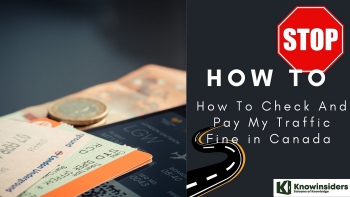 How To Check and Pay My Traffic Fine Online in Canada 2023/2024 How To Check and Pay My Traffic Fine Online in Canada 2023/2024 It is important to understand traffic rules and knowledge about fines and tickets when you decide to live in Canada. |


